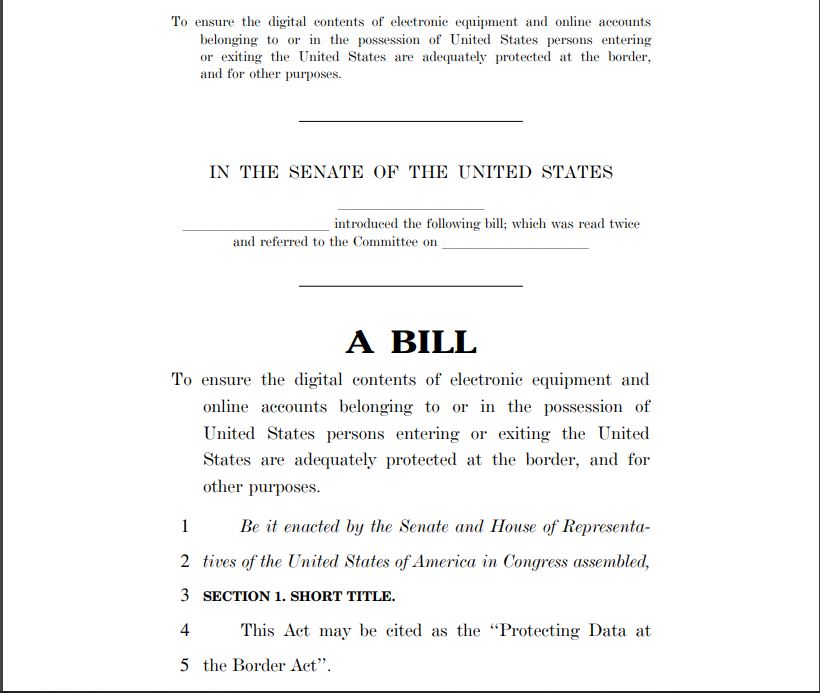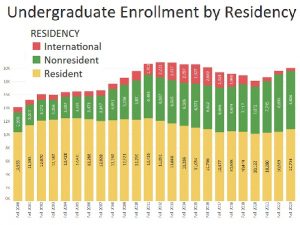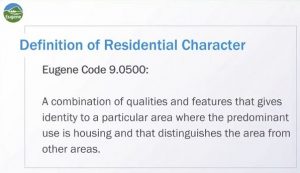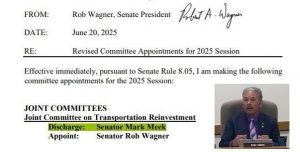Sen. Ron Wyden, Sen. Rand Paul introduce ‘Protecting Data At The Border Act’
4 min read
Sen. Ron Wyden introduced a bill that would require border agents to get search warrants before looking at digital data on your phone or laptop.
Washington, D.C. – Senators Ron Wyden, D-Ore., and Rand Paul, R-Ky., today introduced the Protecting Data at the Border Act to stop the government from forcing Americans to face indiscriminate and suspicionless searches of their phones, laptops and other digital devices just to cross the border. Sens. Edward J. Markey, D-Mass., and Jeff Merkley, D-Ore., are lead co-sponsors and Rep. Ted Lieu, D-Calif., is introducing the House companion bill.
The bipartisan bill prevents law enforcement agencies from continuing to take advantage of the so-called border search “exception” in order to conduct warrantless searches of Americans’ phones and laptops. These searches have continued to increase in recent years, and have been used to target journalists and activists who were not suspected of crimes. Moreover, such searches are extraordinarily invasive, as modern devices store all manner of highly personal information including pictures, videos, texts, emails, location data, Internet search histories, calendars and other data.
“Americans travel with phones and laptops holding nearly our entire lives. Traveling near the border shouldn’t give the government a free pass to throw out our rights and thumb through our phones without any suspicion of wrongdoing. My bill with Senator Paul recognizes that Americans’ rights shouldn’t evaporate when we’re near the border,” Wyden said. “Requiring a warrant to search our devices will focus the government’s resources on real threats, while upholding core Constitutional protections for liberty and privacy.”
“The Fourth Amendment is more important than ever in the digital age, and as the Supreme Court recognized in 2014, smart phones and digital devices are shielded from unreasonable searches. Respecting civil liberties and our Constitution actually strengthens our national security, and Americans should not be forced to surrender their rights or privacy at the border. Our bill will put an end to these intrusive government searches and uphold the fundamental protections of the Fourth Amendment,” Sen. Paul said.
Read the full bill here and a one-page summary here.
The government has asserted broad authority to search or seize digital devices at the border without any level of suspicion due to legal precedent referred to as the “border search exception” to the Fourth Amendment’s requirement for probable cause or a warrant. Until 2014, the government claimed it did not need a warrant to search a device if a person had been arrested. In a landmark unanimous decision, the Supreme Court (in Riley v. California) ruled that digital data is different and that law enforcement needed a warrant to search an electronic device when a person has been arrested.
While the Supreme Court has not yet addressed the question of border searches of devices, there is currently a circuit split among Federal appeals courts. The Ninth Circuit has restricted the government to only conducting warrantless searches for “digital contraband” (data that it is illegal to bring across the border), while in other parts of the country, the government may conduct warrantless searches for any information that could be of interest to the government.
The Protecting Data at the Border Act would provide statutory clarity by recognizing that the principles from Riley v. California extend to searches of digital devices at the border. In addition, this bill requires that U.S. persons know their rights before they consent to giving up online account information (like social media account names or passwords) or before they consent to give law enforcement access to their devices.
Support for the Protecting Data at the Border Act
“Each year, tens of thousands of travelers are subject to invasive, warrantless searches of their electronic devices at the border. By searching travelers’ electronic devices, border officers can access a vast array of personal, sensitive information, including photos, texts, emails, internet browsing history, and location data. This happens to U.S. citizens, permanent residents, tourists, and business travelers. The Protecting Data at the Border Act is vital to stopping some of these constitutional violations by making clear that the government must get a warrant to search Americans electronic devices. We urge Congress to pass this bill.”
— Kate Ruane, Senior Legislative Counsel, American Civil Liberties Union
“With the skies opening up to international travel again, it is time to re-examine the lax rules that now govern the searches of traveler’s digital devices. The Protecting Data at the Border Act would ensure that the government cannot download the files on a traveler’s computer or the text messages and photos on their phone unless it has a warrant. Better still, under this bill, the government agent can’t hold you up in the airport for 10 hours in order to coerce you to consent to their search of your computer.”
— Greg Nojeim, Co-Director, Security & Surveillance Project, Center for Democracy and Technology.
“The need for reform is urgent. In fiscal year 2019, before the pandemic decreased international travel, CBP conducted nearly 41,000 border searches of electronic devices. Travelers have extraordinary privacy interests in their digital data, which must be protected by a probable cause warrant. We thank the sponsors of this bill for their leadership on this important issue.”
— Sophia Cope, Senior Staff Attorney, Electronic Frontier Foundation
See the web version of this release here.



